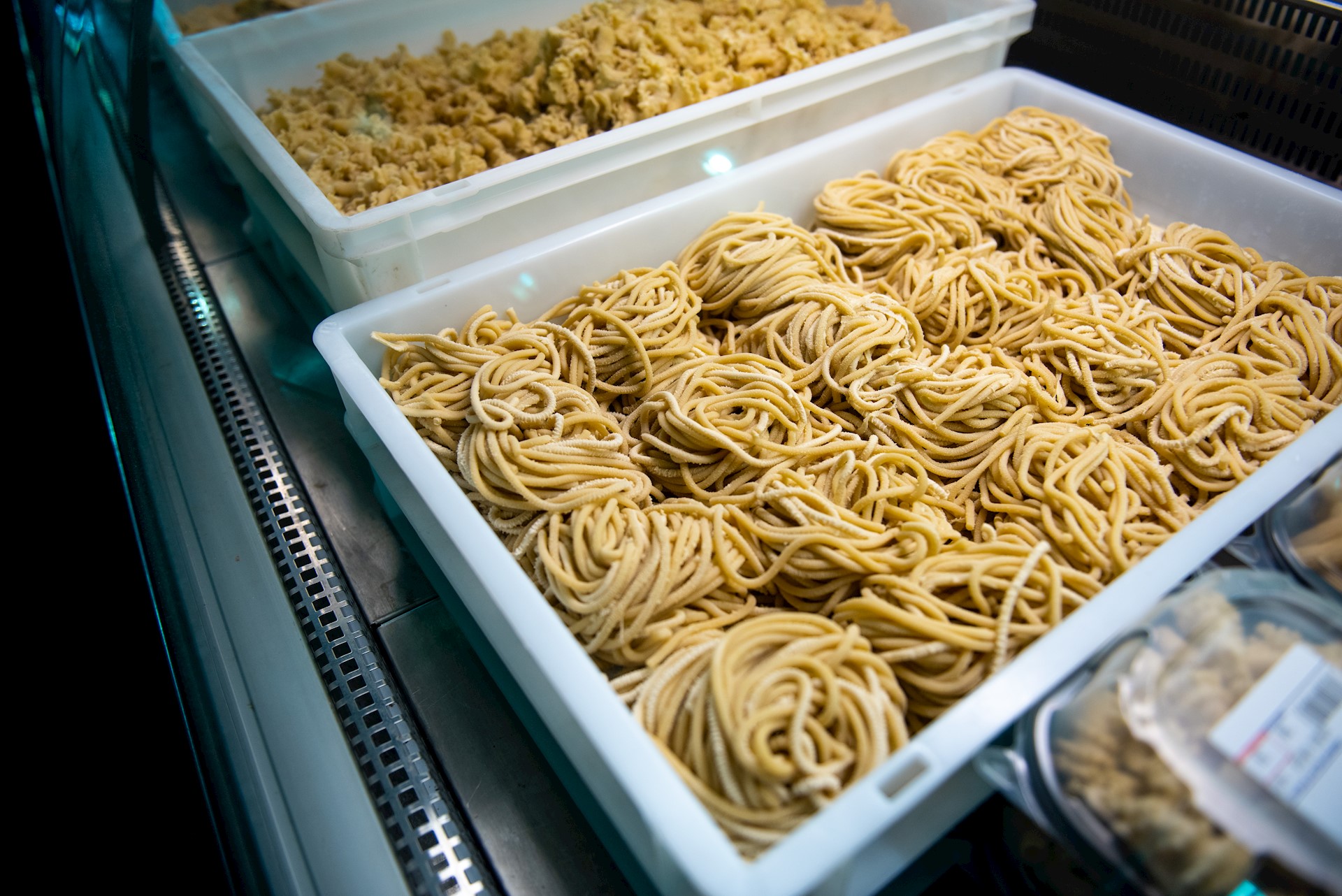
An impressive resume can often open employment doors. The same can be said for the transcripts of Cayman International School high school students, especially those who voluntarily enrolled in the school’s two-year International Baccalaureate Diploma Programme.
The International Baccalaureate — or IB — Diploma Programme is one of the four educational programmes outlined by the International Baccalaureate Organization – a global non-profit foundation that focuses on teaching students to think critically and independently and to inquire with care and logic — and is currently offered in the Cayman Islands only by Cayman International School.
Sarah Dyer, the school’s site-based IB and high school curriculum coordinator, says the programme’s curriculum comprises three core requirements and a variety of courses.
“We offer 13 on-site courses in addition to the three [core requirements] which include the extended essay; CAS; and theory of knowledge,” she says. “We also have nine additional courses available online.”
CAS refers to "creativity, activity and service."
These IB courses span six subject groups: studies in language and literature, language acquisition, individuals and societies, sciences, mathematics and the arts. Most courses are offered as higher level and standard level. The three core requirements, as outlined by the IBO, collectively aim to expand the students’ educational experience and challenge them to apply their acquired knowledge and developed skills.
Theory of knowledge is designed to help students understand the nature of knowledge itself and prompts them to apply critical thinking to questions such as, "Why do they know what they know?"
The extended essay is an independent piece of research, guided by faculty, that culminates in a 4,000-word essay. This process prepares the students for undergraduate research and allows them to explore, analyse and evaluate a topic of personal interest.
The third component, CAS, provides an avenue for a holistic approach to learning by involving students in a range of activities including art, sports and community service. To demonstrate these concepts, students undertake a CAS project.
Choosing a path
The IB diploma programme is first introduced to students in grade 10 as they review their options for their final years in high school.
“There are three different pathways the students can take," says Dyer. "One is the U.S. high school diploma, where they complete CIS’ high school courses; the full IB diploma, where they complete all IB courses; and a midway path where they can do a mixture of both."
Grade 10 students meet one-on-one with Dyer and their guidance counsellor to carefully select the path that best aligns with their academic and careers plans for the future.
“We go with the student’s choice first and then [the] teacher recommendation," says Dyer. "We don’t force students either into or out of the IB programme unless one route is detrimental to their chances of passing high school. We encourage them to open as many doors as possible when it comes to tertiary education, and we do believe that IB offers that.”
The programme is not easy, but is designed to equip students with the skills to continue to be successful throughout university and in their future careers.
Grade 12 IB student Amber E. has her sights set on going to university to study business management and interior design. With this goal in place, she attributes the future success of her career in part to IB.
“IB has most definitely prepared me for my future career, specifically with time management skills and the importance of maintaining communication and relationships with my teachers, which will be useful for building strong work relations with others in the future,” she says.
She says her experience with the programme is both unique and advantageous.
“It has truly taught me a variety of lessons and skills that I’ve found to be applicable outside of the classroom, such as critical thinking, analytical skills and creativity,” she says. “The International baccalaureate is indeed a balance between work ethics and dedication, and although it’s hard, the outcome so far is truly worth it.”
For students considering the IB programme, Amber offers this reassuring advice: “Though the courses may sometimes seem challenging, it is important to remember that doing everything to the best of your ability is what will truly lead to your success," she says. "I believe that every student should look forward to learning something new from IB, whether that be applicable skills for the future or the new knowledge you acquire from your chosen subjects.”
For more information about the International Baccalaureate Diploma Programme at Cayman International School, contact IBCoordinator@cis.ky or visit www.caymaninternationalschool.org.

About the Author
Ariel Thompson is a Content Manager at Dart, having joined the company in 2017. A lifelong writer, Ariel was born and raised in the Cayman Islands before studying abroad at Oakwood University in Huntsville, Alabama, for her degree in public relations and film and television. With eight years of experience in communications, Ariel joined Dart after working as Cayman International School’s first marketing communications officer. As her name would suggest, Ariel is a Disney fan and has a singing voice to rival The Little Mermaid’s. She loves to conceptualise TV and movie scripts and hopes one day to be a director. When in Camana Bay, Ariel can be found enjoying Mizu Asian Bistro + Bar’s Pad Thai, or shopping with friends and a scoop of gelato in hand.


